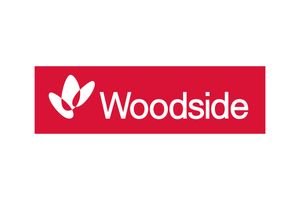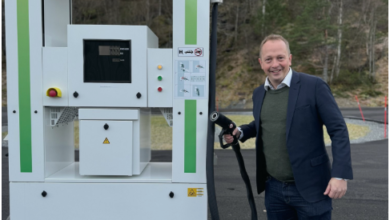Woodside joins HyStation consortium for hydrogen refuelling in South Korea
HyStation aims to accelerate bus fleets from diesel to hydrogen with on-site hydrogen production.

Woodside has joined HyStation, a consortium that aims to build and operate hydrogen refuelling stations for public transport bus fleets in South Korea.
HyStation is a consortium of six companies:
- Woodside
- Kogas
- Hydrogenic Energy Fund (Hyundai Motor Company is the majority shareholder)
- Samsung C&T
- Industrial Bank of Korea
- Hyundai Rotem
Among the partners, Woodside is the only foreign direct investor in HyStation from the energy sector.
HyStation aims to build and operate hydrogen refuelling stations, which will be used by public transport bus fleets in South Korea. The Korea Development Bank has agreed to facilitate the newly established company with some financial support.
Buses are mostly used for public transport and require long refuelling time, and so are considered as an ideal option for hydrogen fuel cells, which will reduce the refuelling time and emissions. HyStation is also looking to accelerate the conversion of conventional diesel buses to hydrogen fuel cell busses, and hydrogen will be produced on-site through natural gas reforming.
HyStation expects that its first hydrogen refuelling station for busses will be operational by the end of 2022.
Shaun Gregory, Woodside Executive VP Sustainability, said, “As an aspiring large-scale hydrogen producer, it is incumbent on us to work with potential customers – who are the experts in their markets – to build sustainable hydrogen demand.”
Woodside has also invested in HyNet, a consortium that works on constructing hydrogen refuelling stations in South Korea for passenger vehicles. It already has 16 hydrogen refuelling stations in operation, and some are under construction.
Kogas plans to build around 25 hydrogen production facilities and 132 hydrogen refuelling stations by 2030 to create an eco-friendly mobility ecosystem.
